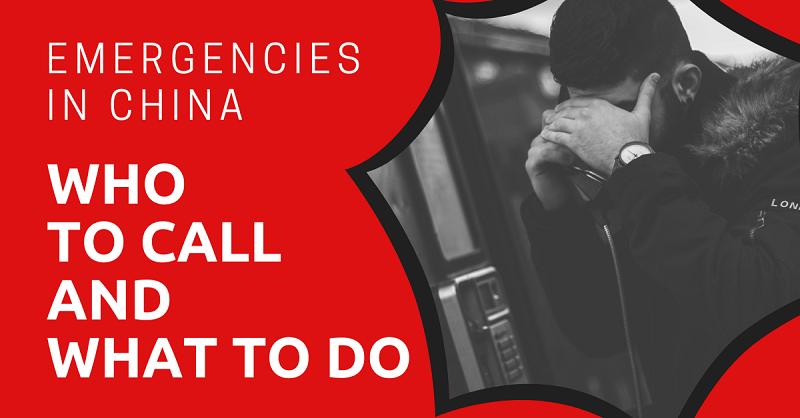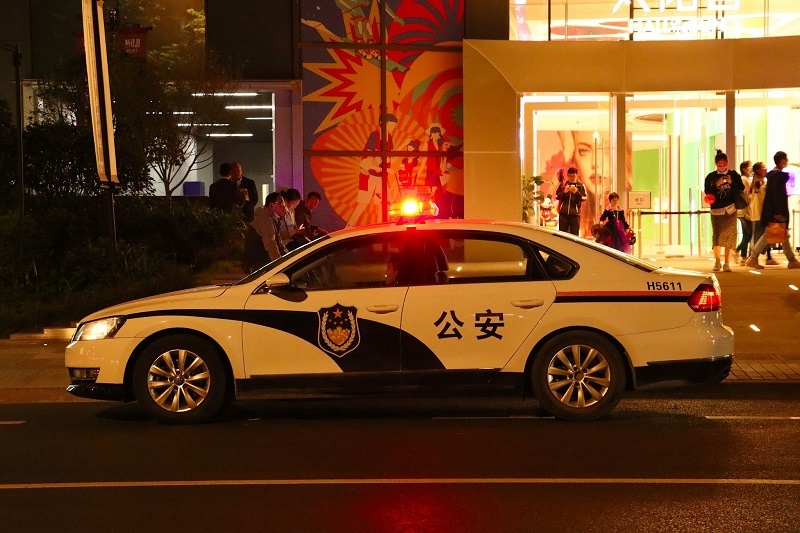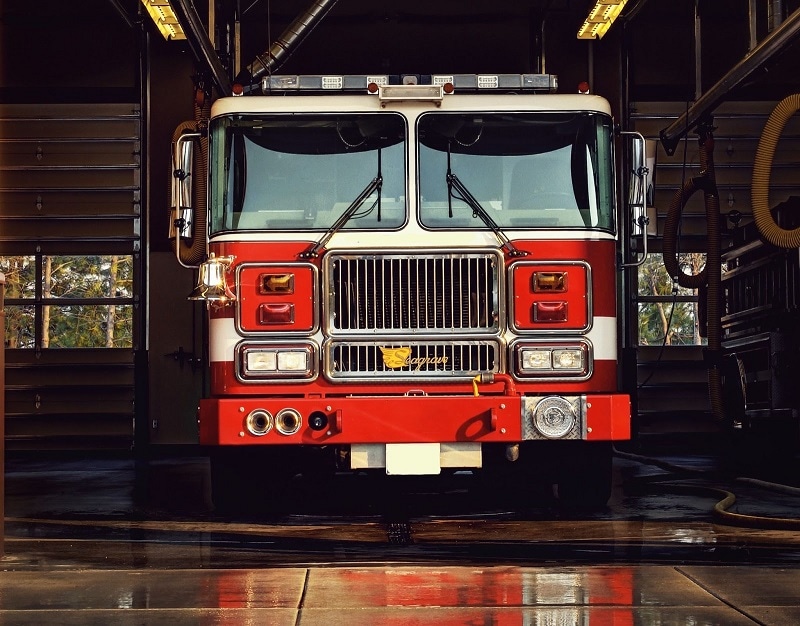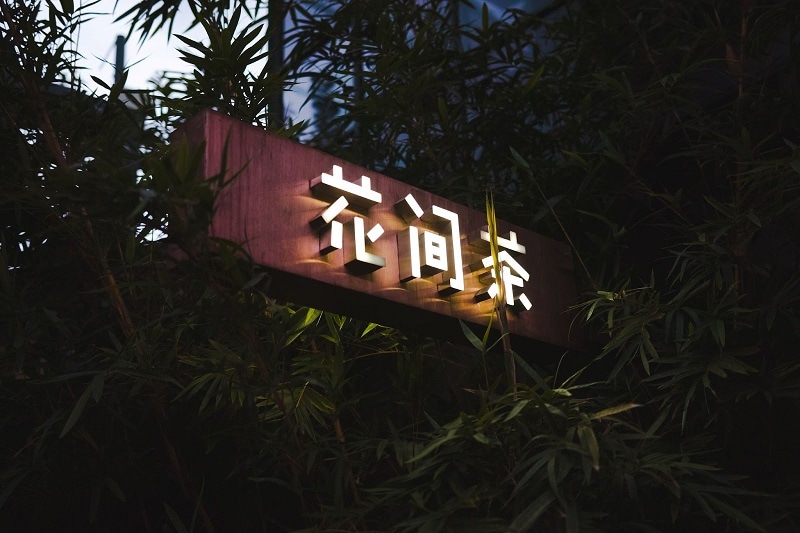
China doesn’t often feature highly on lists of “safest” countries for expats to live in, but anyone who has lived there will tell you that personal safety is one of the country’s selling points for expats.
However, accidents and emergencies can arise anywhere, at any time, and it’s best to know what to do and who to call should anything untoward happen to you.
This article will take approximately 12 minutes to read. Don't have the time right now? No worries. You can email the ad-free version of the article to yourself and read it later!
Disclaimer: This article may include links to products or services offered by ExpatDen’s partners, which give us commissions when you click on them. Although this may influence how they appear in the text, we only recommend solutions that we would use in your situation. Read more in our Advertising Disclosure.
Contents
Emergency Services in China
Before we get into the detail of specific situations, here’s a list of emergency numbers, for easy reference:
| Emergency Services | Emergency Numbers |
| Police (and general emergencies) | 110 |
| Police (text) | 12110 |
| Fire | 119 |
| Ambulance | 120 |
| Traffic accident | 122 |
| Emergency on water | 12395 |
Calls to these numbers are free. It’s well worth having them saved on your phone, for convenient access. Be aware though you are unlikely to be connected to an English-speaking operator, except in Beijing. If your Mandarin is not yet up to the necessary standard, you may be better off handing the phone to a Chinese speaker, to explain the problem.

However, one important factor to bear in mind: Chinese people are often reluctant to help a stranger in an emergency, as they believe they may be held liable if anything goes wrong. So don’t be surprised if by-passers hurry past without seeming to notice you.
Medical Emergencies
China’s medical facilities, in major cities at least, are well-staffed and up-to-date, with all the latest facilities. Once you reach a hospital, you should be sure of good care (although westerners may find that a concern for privacy is lower on the list of priorities than they might prefer).
You can call 120 for an ambulance, but be warned that traffic in major cities could mean lengthy delays before you reach a hospital–and drivers are much less likely to give way to an ambulance than in western countries. On the other hand, ambulances are staffed by qualified paramedics who can deliver emergency care, which can be life-saving. If you don’t need that immediate help however, and you are still mobile, you may be better off making your own way to the nearest hospital than waiting for an ambulance to battle through a jam.
Find out more:
Hospitals in Beijing: What to Do When You Need Medical Treatment
The Essential Guide to Hospitals in Shanghai
If you have medical insurance from an international provider, as offered by many employers, then your insurance company might have their own number to call. This will usually put you in touch with an English-speaking operator. Check the details of your insurance, and bear in mind when choosing insurance that this might be an important factor in your decision.
Find out more:
Street Crime
Violent street crime is extremely rare in China. Women in particular report feeling much safer at night than in western countries. You are more likely to be told off by a dama (older lady) for not wearing warm enough clothes than to be catcalled or wolf-whistled! (Domestic violence, on the other hand, remains a serious problem, generally ignored by the authorities who view it as a private matter).
You should of course always stay alert and exercise common sense. Public drunkenness is not socially acceptable in China, and may make you a target. Pickpocketing is a very common problem in big cities, so keep phones and wallets in closed bags or secure pockets.
If you do experience crime on the street, the number to call is 110. If you know who has robbed you, it might be worth shouting “Thief!”: “Xiǎo tōu!”
A more general cry for help is “please help me!”: “Qǐng bāng wǒ!”
Bear in mind though the comments above about the general wariness to help a stranger, particularly a foreigner. Be aware too that the police attending are unlikely to speak English. If you need to fill out a formal report on the crime, you will probably need to take a Chinese friend with you.
Traffic Accidents
Roads in Chinese cities are generally broad, multi-laned, well signposted, and with numerous traffic lights. Some expats choose to drive their own car in China and should be aware of the risks. However, high-rise housing and a long economic boom means that they are nonetheless choked with large SUVs, often sitting in jams for long periods.
Unless you have children to transport, the canny move is to opt for a bicycle, ebike, or motorbike. Bike lanes are numerous, thanks to a long tradition of cycling, and drivers are often more respectful of two-wheeled vehicles than in western countries.
If you’re involved in a collision on the road, stop your vehicle. Use your phone to take as many pictures as you can, showing what happened.
Call the police on 122, even if no crime has been committed and no one is hurt. The expectation in China is that the police adjudicate such matters, whereas in other countries you might exchange insurance details and move on. In part this is because many drivers don’t actually have insurance, or their vehicles may not be legal.
Don’t move the vehicles until the police arrive. Unfortunately this can mean causing a blockage and adding to the traffic problems, but it’s considered normal, appropriate behavior and should not anger other motorists. Stay in your vehicle, or make sure you’re standing somewhere safe; it may be some time before they arrive.
The police will usually try to resolve things by deciding who was at fault and proposing an immediate cash settlement. (These days a payment by Alipay or WeChat Wallet often substitutes for cash). If they decide you are at fault, and the amount is not too large, it’s usually best to pay up and get on with your day, however unfair it seems. It may be worth haggling; the police may pressure the other party to accept a counter-offer. However, if you insist on your rights, you face a potentially lengthy and expensive entanglement with the Chinese legal system.
A word of warning: be careful of helping a fallen cyclist. A common scam is for the grifter to lie under their bike, and when a passing Samaritan offers a hand, to blame them for the “accident”, in the hope of getting a quick payout.
Fire
One legacy of China’s building boom is that most housing has been constructed relatively recently and to modern safety standards, meaning that dangerous fires are not common. When they do occur, they are usually associated with housing and workplaces which exist in a legal gray area, particularly buildings used by “migrant workers” (people from other parts of China who move to cities for work, but have no legal status there.)

When choosing a home to rent, always check that the fire safety provision conforms to standards. One common problem is that fire escape routes are blocked with cleaning equipment or unwanted furniture, or that fire doors are wedged open or fire exits locked shut.
Find out more: Renting an apartment in Beijing
If you discover a fire, immediately call the fire service on 119. You should then apply the same common sense rules you would in any country:
- Your personal safety comes first. If in doubt, just leave by the nearest marked route.
- Only tackle the fire if you are confident with equipment available. Using the wrong extinguisher on the wrong kind of fire can make things much worse.
- Never go back for personal possessions.
Water Emergencies
Despite picking up an impressive haul of medals in the pool at every Olympics, China is not a nation of swimmers. Most Chinese people – estimates range from 80-90% – can’t swim, and tragically this leads to around 60,000 deaths by drowning every year.
As a result, water is often viewed as intrinsically dangerous. “Wild” swimming is usually prohibited, while pools and beaches are strictly monitored. If you’re a confident swimmer, being told that a lifejacket is mandatory before entering the sea might seem like an insult; but such rules are enforced at some Chinese beaches.
Recreational boating, on the other hand, is popular, and many city parks have a boating pool. The water however is rarely more than waist high, so few expats are going to encounter a situation where someone is in trouble on the water. If, by any chance, you do, 12395 is the number to call.
Taxi Scams
You are most likely to be targeted by taxi scammers on arrival, as they wait at airports to pick up inexperienced tourists, sometimes overwhelmed by culture shock. However the unwary can be caught out anywhere.
These scams are becoming less common as people switch to using ride-hailing apps like Didi, which crowded Uber out of the Chinese market. Didi offers a safer option than flagging a car on the street.
One common taxi scam is to pass off counterfeit money. If you pay with cash, the driver will switch your genuine note for his fake one, then angrily accuse you of using counterfeit money, forcing you to pay again. Expats can easily avoid this by paying electronically, but tourists rarely have access to a digital wallet.
A simpler trick is just to overcharge. Make sure the driver has switched on the meter, and watch for meters which have been “fixed” to run faster than normal. Don’t get in a cab with no meter, or if the driver wants to negotiate a fixed price. Don’t be intimidated if drivers become aggressive. Taxis must be registered and are legally required to use the meter, so they will soon back down at the mention of police involvement.
If you get into a dispute with a driver, stay calm, do not get aggressive or violent, if witnesses see you as the aggressor, you might end up in a mob situation and the foreigner will be the bad guy. Call the police on 110 and tell them what is going on, the numbers on the driver’s license (which should be displayed on the front dash) and any other details like where you are. Even if nothing happens, this report might be important if the situation escalates.
The Tea House Scam
One final, notorious scam is worth being aware of. The target is usually a single male, who will be approached by an attractive young woman or a group of students who say they want to practice their English.

you might not like the way the experience ends.
After a while they will suggest going to a local tea shop to experience authentic Chinese culture. They will do the ordering from a menu in Chinese. When the check comes, the scammer is nowhere to be seen, and the victim is left with a huge bill to pay. Since no actual laws are broken, there is little anyone can do but pay up.
Now, on to You
If you’re thinking of moving to China, none of this should put you off. Rest assured that crime rates are low, violent crime in particular. Wherever you are in the world though, it always pays to be “street smart”. It’s also important to know who to call, in the event of an emergency. With these numbers in your phone, and with a few common sense precautions, you can get on with enjoying your time in the Middle Kingdom!






